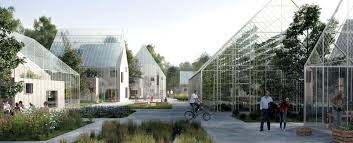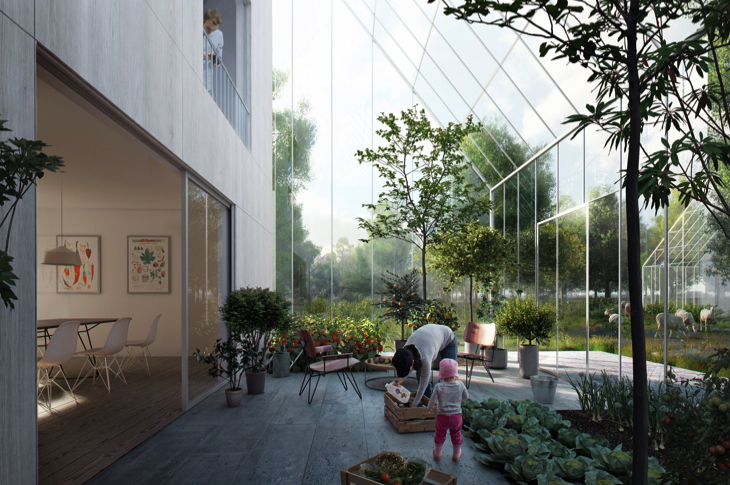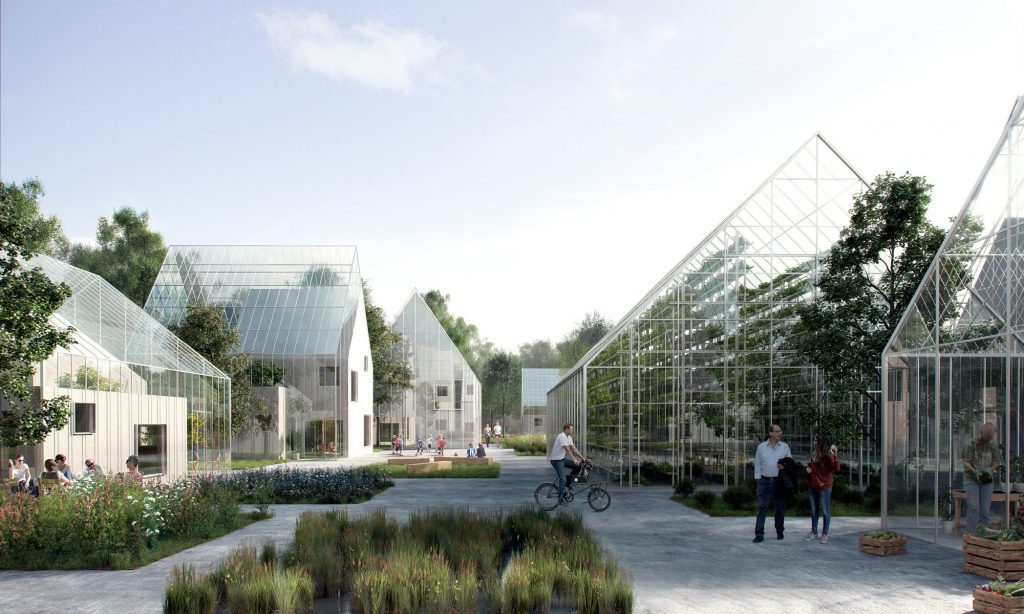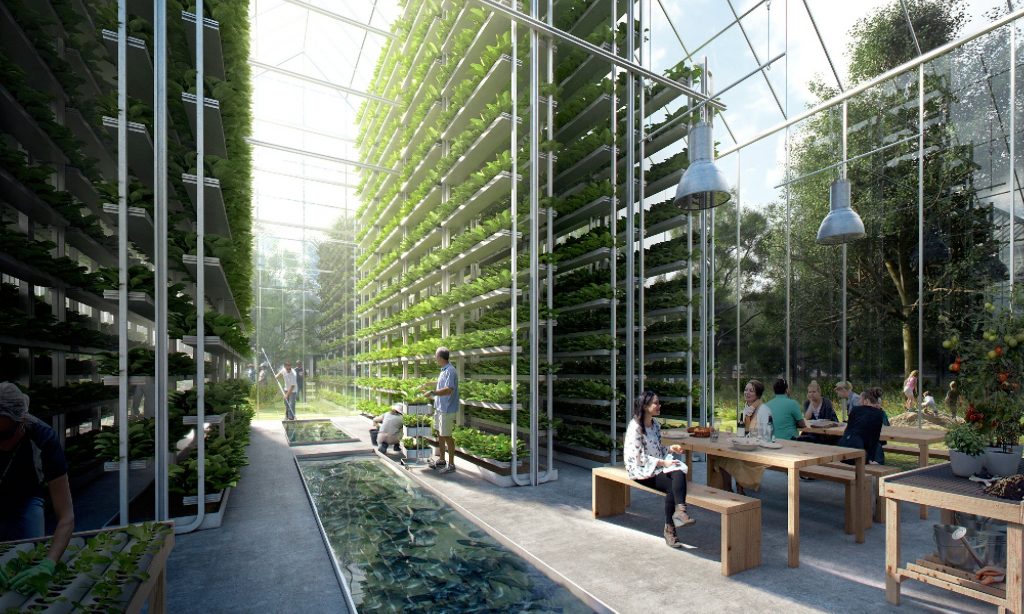
Breaking News
 Argentina Moves to Let Banks Offer Bitcoin and Crypto Services
Argentina Moves to Let Banks Offer Bitcoin and Crypto Services
 We're One Storm Away From Disaster
We're One Storm Away From Disaster
 Think a Dairy Cow Will Tie You Down? Here's the Truth.
Think a Dairy Cow Will Tie You Down? Here's the Truth.
 Students challenge auto industry with modular EV you can fix yourself
Students challenge auto industry with modular EV you can fix yourself
Top Tech News
 This tiny dev board is packed with features for ambitious makers
This tiny dev board is packed with features for ambitious makers
 Scientists Discover Gel to Regrow Tooth Enamel
Scientists Discover Gel to Regrow Tooth Enamel
 Vitamin C and Dandelion Root Killing Cancer Cells -- as Former CDC Director Calls for COVID-19...
Vitamin C and Dandelion Root Killing Cancer Cells -- as Former CDC Director Calls for COVID-19...
 Galactic Brain: US firm plans space-based data centers, power grid to challenge China
Galactic Brain: US firm plans space-based data centers, power grid to challenge China
 A microbial cleanup for glyphosate just earned a patent. Here's why that matters
A microbial cleanup for glyphosate just earned a patent. Here's why that matters
 Japan Breaks Internet Speed Record with 5 Million Times Faster Data Transfer
Japan Breaks Internet Speed Record with 5 Million Times Faster Data Transfer
 Advanced Propulsion Resources Part 1 of 2
Advanced Propulsion Resources Part 1 of 2
 PulsarFusion a forward-thinking UK aerospace company, is pushing the boundaries of space travel...
PulsarFusion a forward-thinking UK aerospace company, is pushing the boundaries of space travel...
 Dinky little laser box throws big-screen entertainment from inches away
Dinky little laser box throws big-screen entertainment from inches away
 'World's first' sodium-ion flashlight shines bright even at -40 ºF
'World's first' sodium-ion flashlight shines bright even at -40 ºF
Regenerative Villages That Produce Their Own Food And Energy Set To Roll Out In 2018

The first site will be in the Netherlands.

Credit: ReGen Villages
Off-grid housing that actually works for families is hard to come by, but that's what ReGen Villages is striving towards with their concept for new self-sustaining communities.
The startup real estate company has a dream to create regenerative communities that not only produce their own food but also generate their own power, meaning what's usually only possible for rural areas with renewable energy sources would be a reality for people that want these luxuries while having close neighbors. This idea is more than just a dream, however, as the development company has its sights on their first site in Almere, Netherlands with the goal of opening it in 2018.

Credit: ReGen Villages
ReGen's founder, James Ehrlich, told Business Insider,
"Regenerative means systems where the output of one system can actually be the input of another."
For the off-grid community, this means that household food waste would be composted to fertilize crops and feed flies, which would both promote crop growth and also feed the local fish. The fish would then fertilize aquaponic gardens, which are gardens that combine fish farming and hydroponic agriculture, and eventually feed residents.

Credit: ReGen Villages



